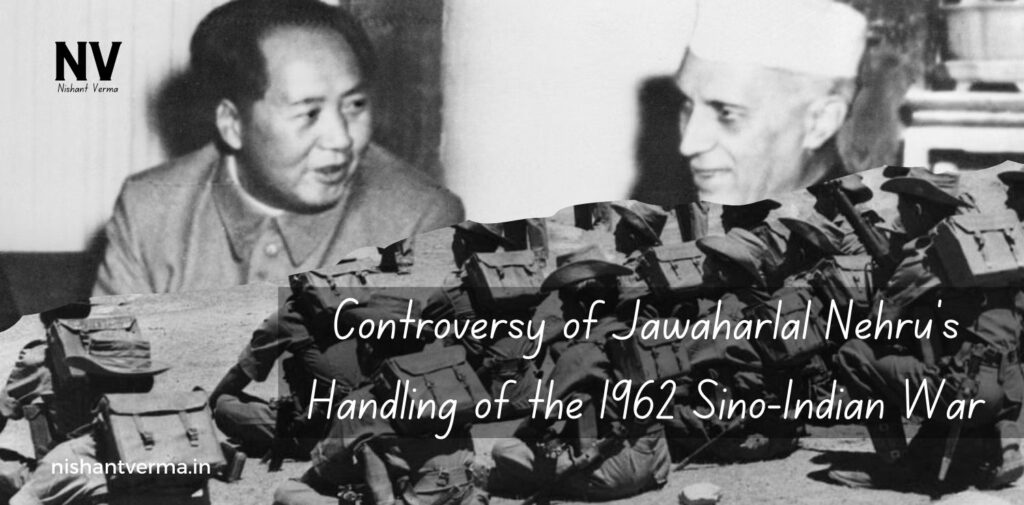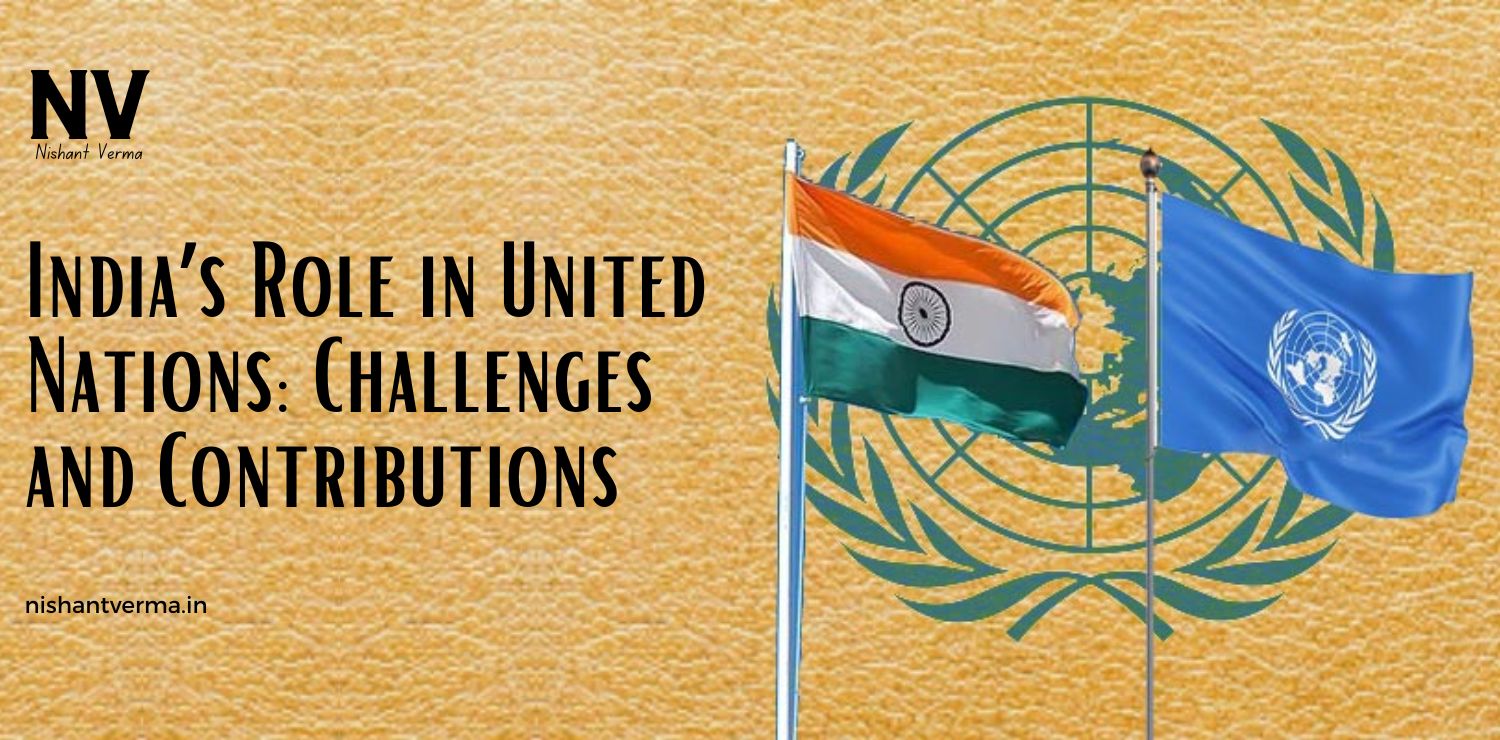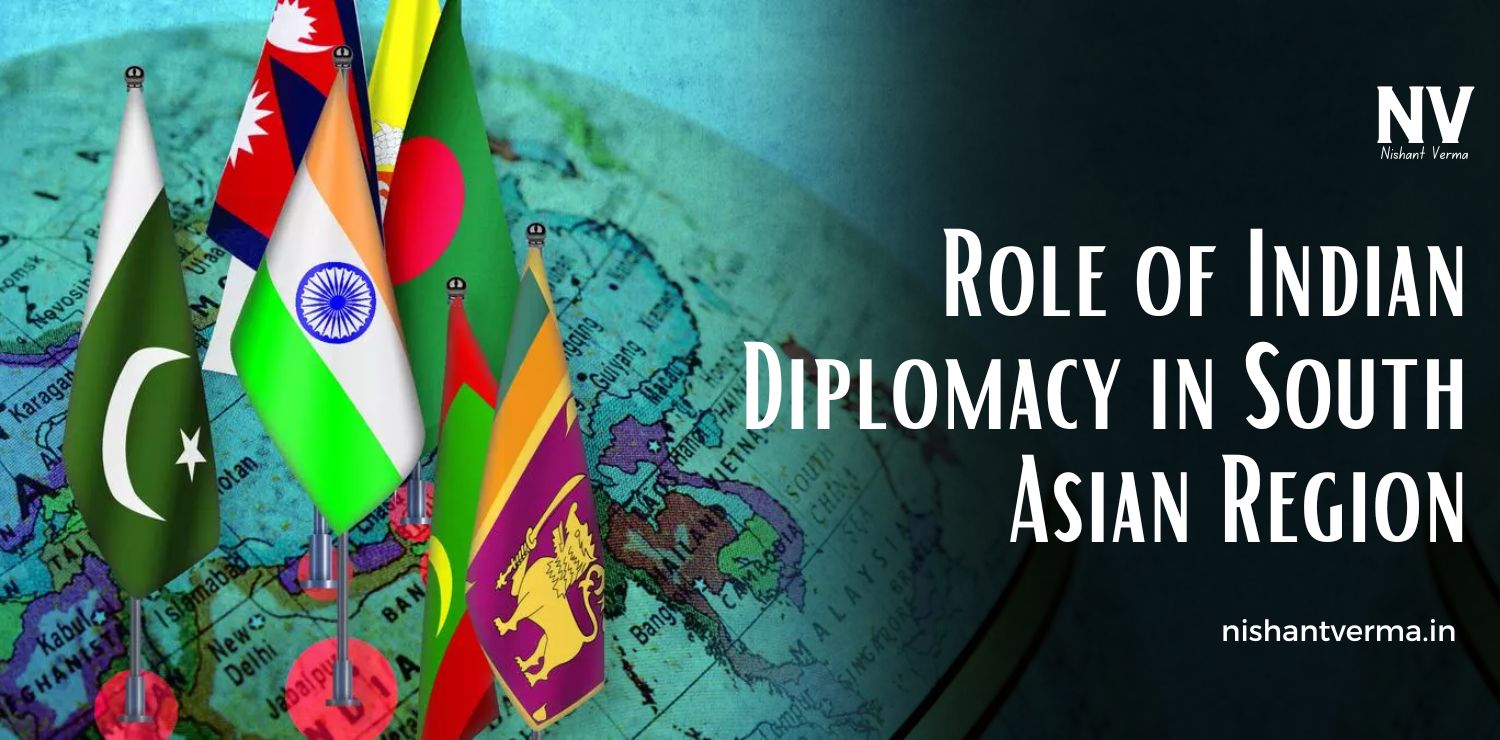The Sino-Indian War of 1962 was one of the most significant and controversial events in the history of India. It was a conflict between India and China, two of the most populous countries in the world, and it resulted in a humiliating defeat for India. The war and its aftermath raised many questions about the way the Indian government, particularly Jawaharlal Nehru, handled the situation. Nehru, who was the Prime Minister of India at the time, faced severe criticism for his decisions during the war, and this controversy continues to this day.
What was the Sino-Indian War?
The Sino-Indian War, also known as the 1962 India-China War, was a military conflict between India and China. The roots of the war lie in a long-standing border dispute between the two nations. The border between India and China is not clearly defined, especially in the Himalayan region. There are two main areas of conflict: Aksai Chin, located in the north-western part of India (now claimed by China), and the region of Arunachal Pradesh, which is located in the northeastern part of India and claimed by China as South Tibet.
In 1959, tensions began to rise when China took control of Aksai Chin, a region that India considered part of its territory. India did not react strongly to this, as it was still in the process of recovering from its independence and had not fully established its defense capabilities. However, by 1962, the situation had become more serious. China began to aggressively assert its claims over Arunachal Pradesh, which led to the full-scale war.
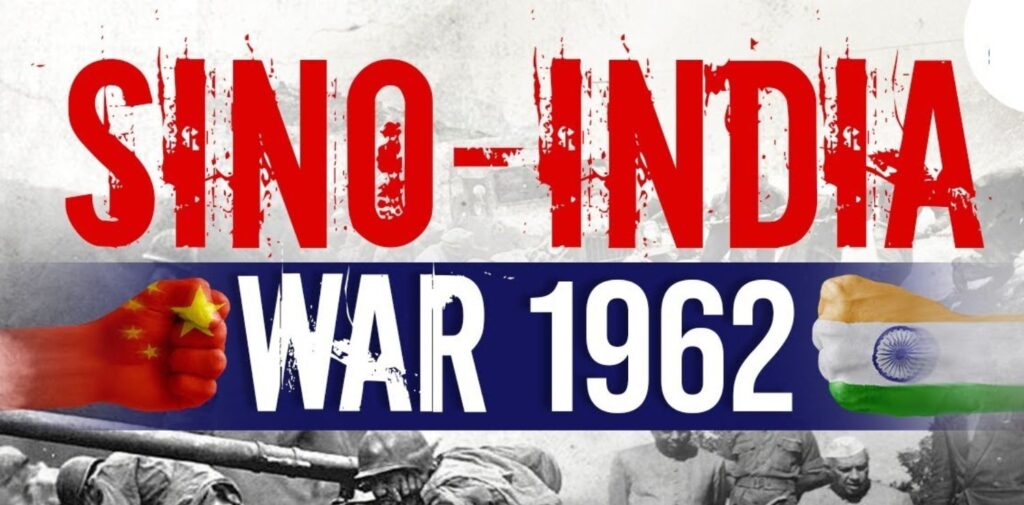
Jawaharlal Nehru’s Response to the Border Issue
At the time of the Sino-Indian War, Jawaharlal Nehru was the Prime Minister of India. Nehru had always been a strong believer in the idea of peaceful coexistence and non-violence, which were central to India’s foreign policy after independence. He was deeply influenced by Mahatma Gandhi’s principles and preferred diplomatic solutions to military conflicts. Nehru’s handling of the Sino-Indian border dispute, however, is often criticized for being naïve and overly idealistic.
Nehru’s approach to the China issue was based on the belief that China, like India, was a newly independent country and would respect international boundaries. He also believed that China would not want to create trouble in its relations with India. This assumption proved to be a major mistake.
In the years leading up to the war, Nehru repeatedly underestimated China’s intentions. He believed that China would not engage in an armed conflict over the border issues and failed to take the necessary steps to strengthen India’s defense. The Indian military was poorly equipped and unprepared for the war that would soon break out.
The 1962 War: The Beginning of the Crisis
The war started in October 1962, when China launched a surprise attack on India in both the Aksai Chin area and Arunachal Pradesh. The Indian army was caught off guard and was poorly equipped to fight the Chinese forces. China’s military had superior weaponry and was better prepared for the harsh conditions of the Himalayan region.
The Chinese military quickly overran Indian positions in both areas, advancing deep into Indian territory. The Indian army, which had no prior experience in dealing with such a well-coordinated offensive, was forced to retreat. Nehru’s administration, which had relied on the concept of peaceful diplomacy, found itself unable to cope with the situation.
One of the most significant failures of Nehru’s government during the war was the lack of proper intelligence and military preparedness. The Indian government was unaware of the scale of the Chinese threat and had neglected to take appropriate precautions. Nehru had also underestimated the extent to which China was willing to use military force to achieve its goals.
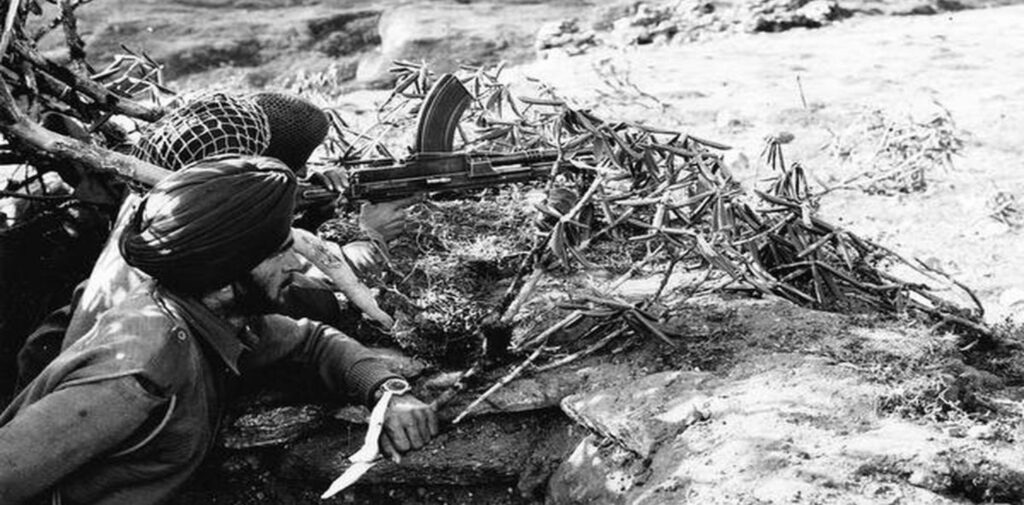
The Aftermath of the War: The Blame on Nehru
The aftermath of the 1962 war was disastrous for India. India suffered a humiliating defeat, with thousands of soldiers killed and large amounts of territory lost. The war had a profound impact on India’s confidence and security. The loss of Aksai Chin and the retreat from Arunachal Pradesh made it clear that India had been caught completely unprepared for the aggression.
Nehru, as the Prime Minister, was directly responsible for the country’s defense policies, and his handling of the situation came under intense criticism. Many people believed that Nehru’s idealism and pacifist approach to foreign policy had made India vulnerable to Chinese aggression. Nehru had refused to acknowledge the growing threat from China and had failed to strengthen India’s military defenses. His decision to remain non-aligned during the Cold War and his belief in China’s peaceful intentions were seen as major mistakes.
Nehru’s Mistakes During the War
There are several key mistakes that Nehru made during the lead-up to and during the 1962 Sino-Indian War:
- Underestimating China’s Intentions: Nehru believed that China would respect India’s borders and that diplomacy would resolve any issues. However, China’s aggressive behavior during the war proved that Nehru had misjudged the situation.
- Lack of Military Preparedness: India’s army was poorly equipped and lacked the necessary training to fight in the difficult terrain of the Himalayas. Nehru’s government had failed to prioritize defense and had neglected to build up India’s military capabilities.
- Poor Intelligence: The Indian government lacked proper intelligence about China’s military buildup and intentions. This failure led to India being caught off guard when China launched the attack.
- Overconfidence in Diplomacy: Nehru placed too much faith in diplomacy and peaceful solutions, ignoring the possibility that China might resort to military force to achieve its objectives.
- Failure to Strengthen Alliances: Nehru’s policy of non-alignment and refusal to align with any superpower during the Cold War left India isolated. If India had sought stronger military alliances with countries like the United States or the Soviet Union, it might have been able to deter Chinese aggression.
- Delay in Mobilizing Troops: When the war began, Nehru’s government was slow to mobilize the Indian army. This delay allowed China to make significant territorial gains before India could respond effectively.
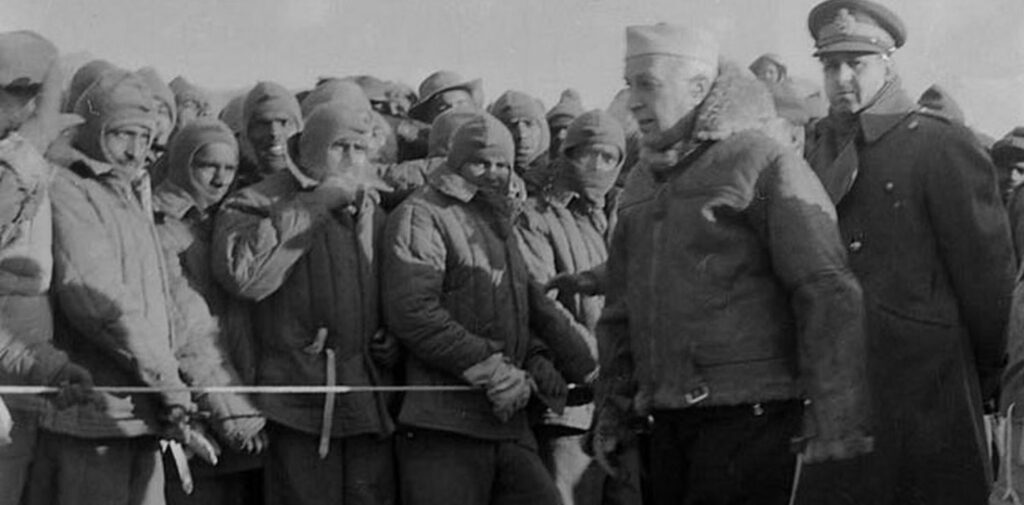
Nehru’s Reputation After the War
After the war, Jawaharlal Nehru’s reputation took a serious blow. Many Indians, particularly military leaders and critics, blamed him for the defeat. His policy of non-alignment, his failure to take China’s growing power seriously, and his over-reliance on diplomacy were all seen as contributing factors to the loss. Some even accused him of being too emotionally attached to the idea of peace and too unwilling to confront the military challenges posed by China.
Nehru’s handling of the Sino-Indian War has remained a topic of debate for decades. While some argue that the circumstances were beyond his control and that he made decisions based on the limited information available at the time, the fact remains that India’s defeat in the war was a major blow to Nehru’s leadership.
Conclusion
The Sino-Indian War of 1962 exposed serious flaws in India’s defense strategy and in Nehru’s leadership. Nehru’s failure to recognize the threat posed by China and his over-reliance on diplomacy and peaceful coexistence led to a devastating defeat for India. The war left a deep scar on the country and its people, and it raised important questions about the wisdom of Nehru’s foreign and defense policies.
While Nehru is remembered as the architect of modern India and a champion of independence, his handling of the Sino-Indian War remains one of the darkest chapters in his political career. The controversy surrounding his decisions during the war continues to shape discussions about India’s defense policies and leadership to this day.

